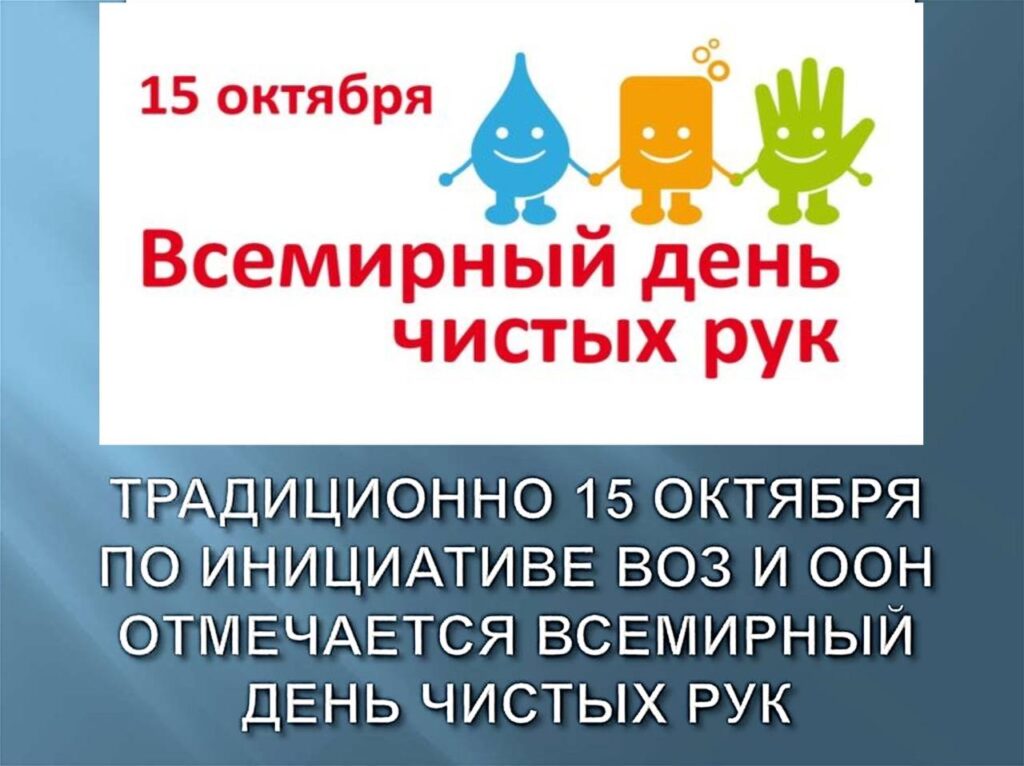HIV – what you need to know in response to 5 questions
28.11.2023 | Heading: Information
- HIV infection, AIDS - what is it? HIV infection is a chronic infectious disease, caused by human immunodeficiency virus (HIV), which damages the cells of the body's immune system.
AIDS (acquired immunodeficiency syndrome) – the last stage of HIV infection, which develops on average through 10-12 years after infection and is accompanied by the destruction of the immune system and the occurrence of
opportunistic diseases.
- What happens when you become infected with HIV? Do you have symptoms of HIV?- infections?
Immediately after contracting HIV, most people do not feel anything unusual.. The virus hidden in the body begins to multiply and slowly, silently destroy the human immune system, but 20% people can occur in the form of acute retroviral syndrome (Further – ARVS). ARWS may be manifested by increased body temperature, muscle pain and headaches, rash, swollen lymph nodes. This condition usually lasts a couple of weeks, after which it passes. Usually, a person associates these symptoms with ARVI or influenza, and not with HIV infection. Read completely »






































Comments (1) (0) »